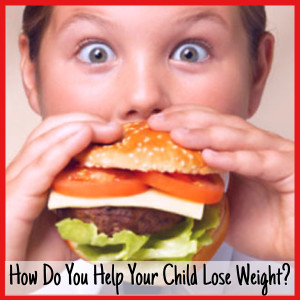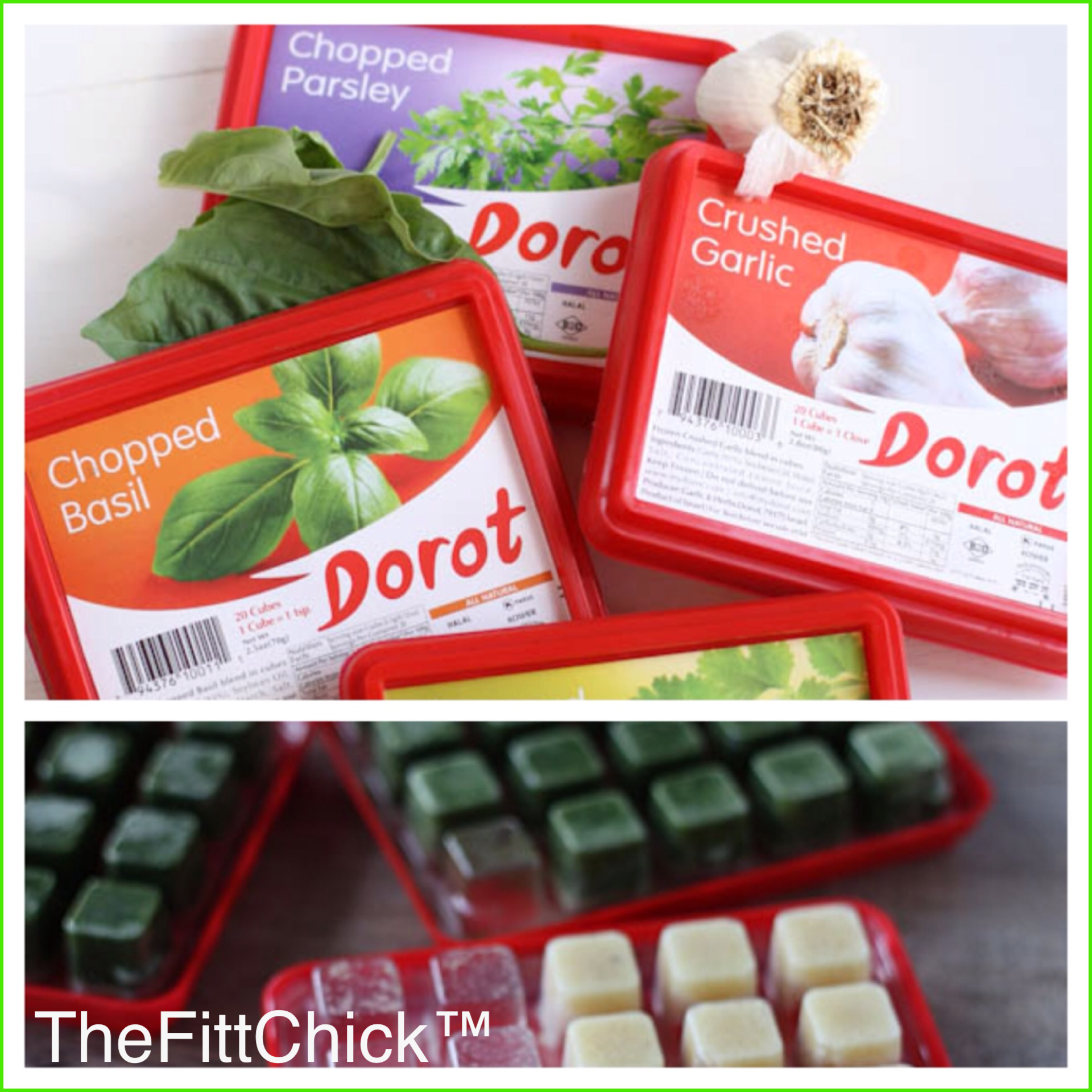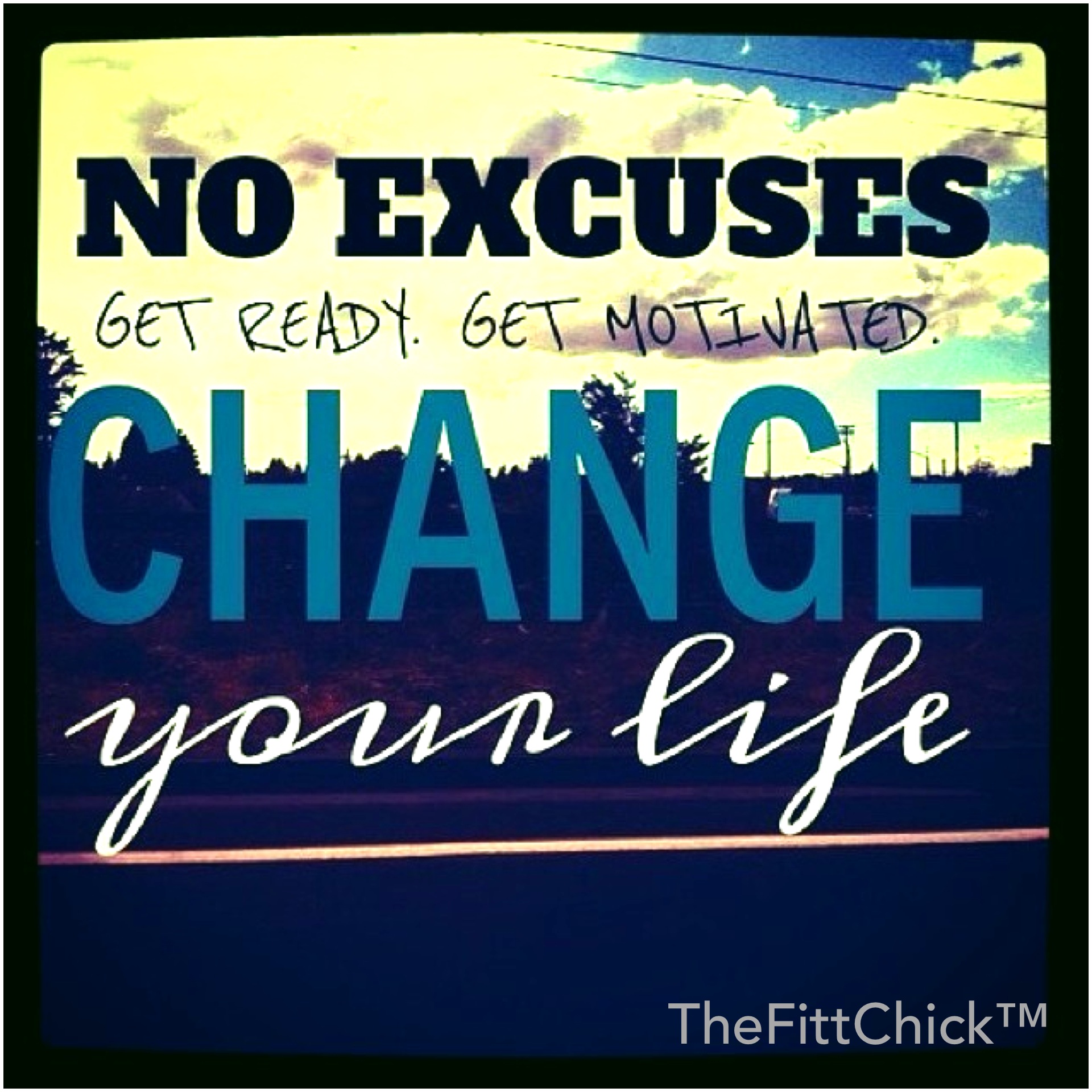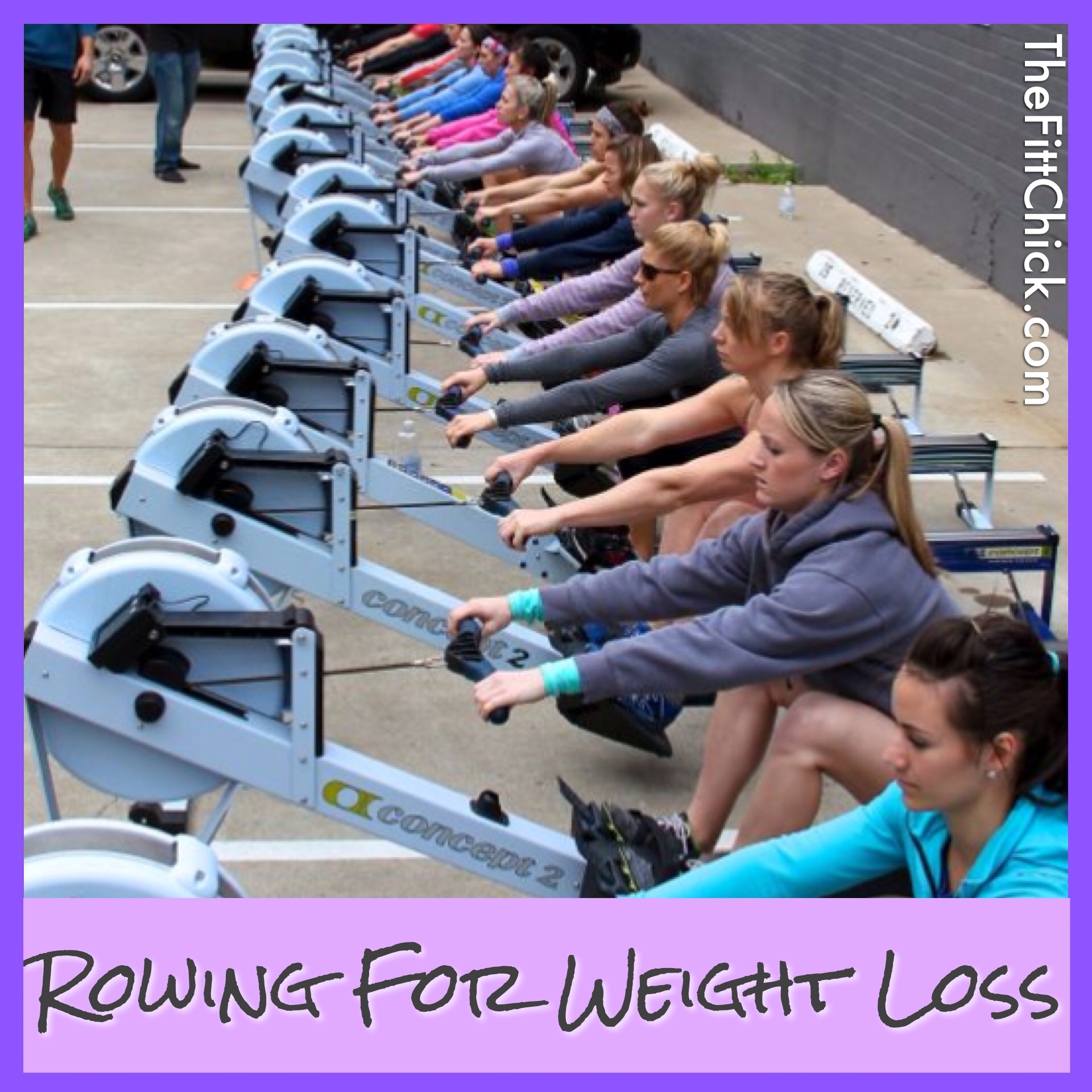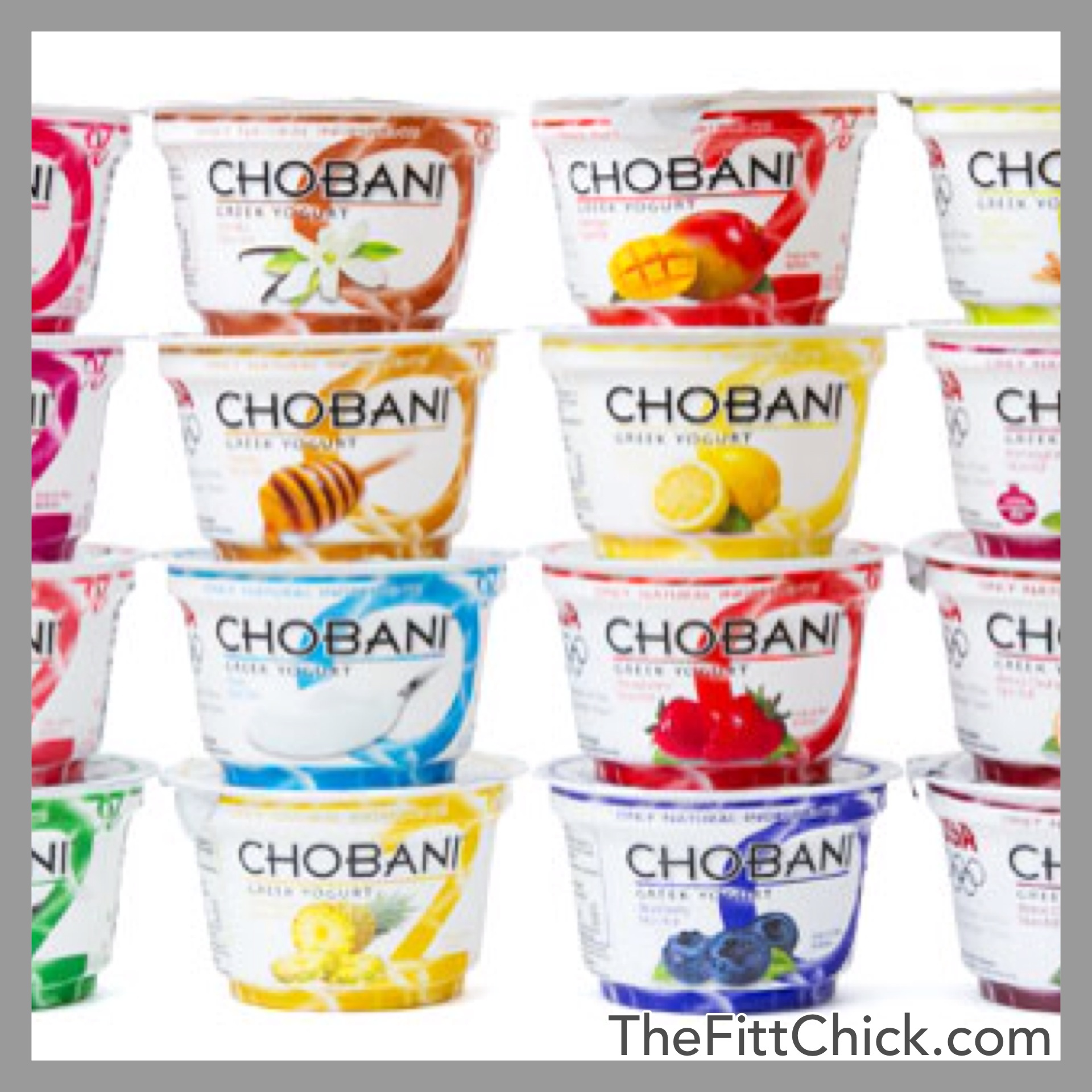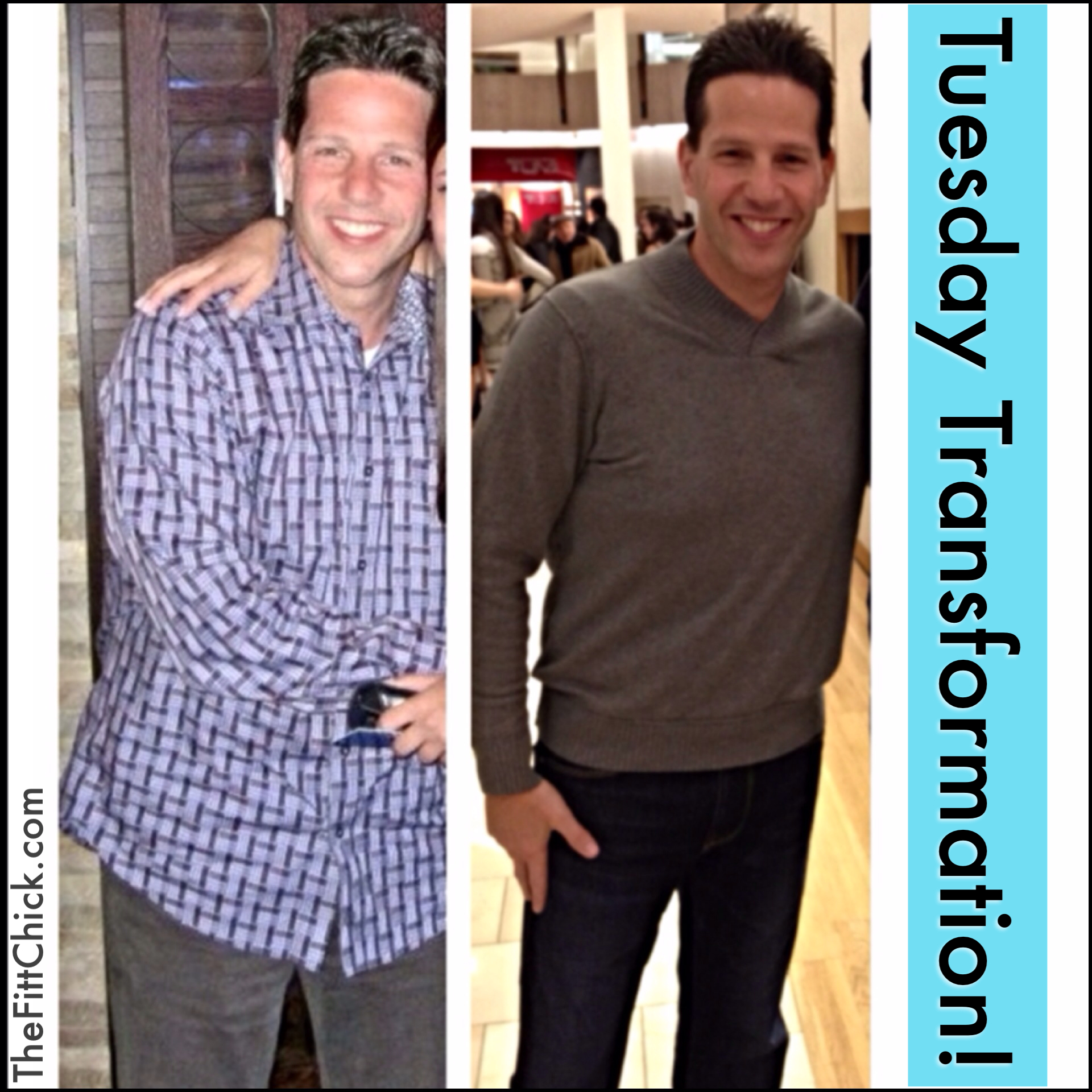“It is well known that obesity or being overweight is a growing epidemic among young children and teenagers.
It is also well known what you have to do to lose weight, by eating less and exercising more. The problem is that it is hard to stay motivated to do these things. And if it is hard for adults, you can expect that it is even harder for kids, who don’t necessarily understand the negative health effects of being overweight. It can help to stick to the basics. Don’t worry about counting calories, carbohydrates, and fat grams. Instead, provide healthy meals and snacks and encourage regular physical activity.
Being a good role model is also important, starting when your kids are young. This can help the whole family to be healthy.
If your child is already overweight, you will likely have to make some changes to his diet. But this isn’t as hard as you think. It doesn’t have to involve counting every calorie that he eats and drinks, which can be especially hard when your kids are eating at school and birthday parties.
An important first goal for most overweight kids is to simply STOP GAINING WEIGHT.
Although you don’t need to count calories each and every day, you do need to understand your child’s diet to help him lose weight.
Some good questions to answer include:
- How many calories does your child get from the things he drinks?
- How many snacks does he eat?
- What are his portion sizes like?
- On average, how many calories does he get at each meal?
After you look closely at your child’s diet for a few days or a week, you should be able to see patterns of where the extra calories come from. Cutting back on calories might be as easy as eliminating a bedtime snack, changing to diet drinks or low fat milk, or not super-sizing his portions.
More exercise is another good way to stop gaining and losing weight. Instead of thinking about how to decrease the number of calories your child is taking in, you could also think about how much exercise he needs to do to burn those calories.
Or even better, do a combination of both diet and exercise.
Your children should be able to burn 50-100 calories a day in 30-60 minutes of regular activities that children enjoy, such as walking, roller blading, bicyling, or playing baseball, basketball or soccer.
Younger children who are overweight have one big advantage. Since they are still getting taller, if they stop gaining weight they will often ‘grow into’ their weight.
Once a teen finishes going through puberty, to get thinner, he actually has to lose weight. The same principles discussed above work though for both older teens and adults.
These basic tips should give you a better understanding of what you need to try to do to help your child get to a healthier weight. You can get more help from your pediatrician and/or a dietician.”
Live Fitt!…Be Fitt!


